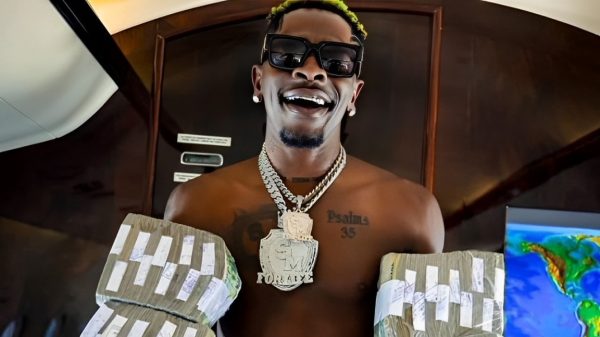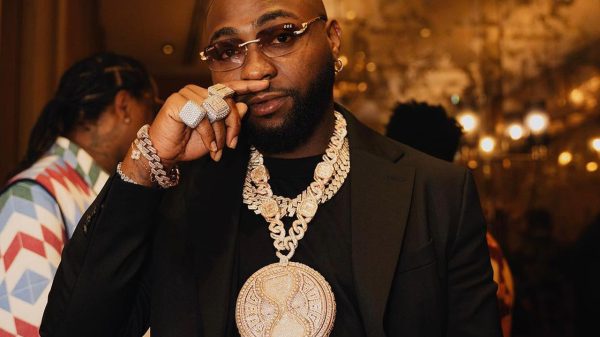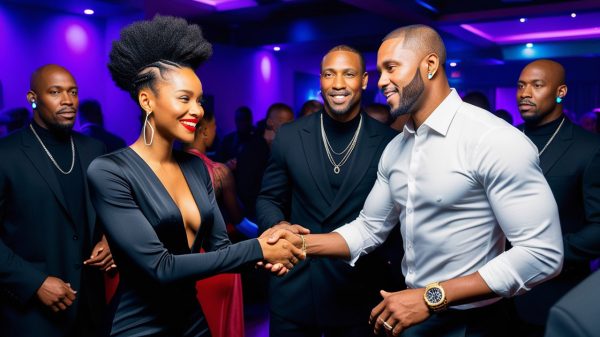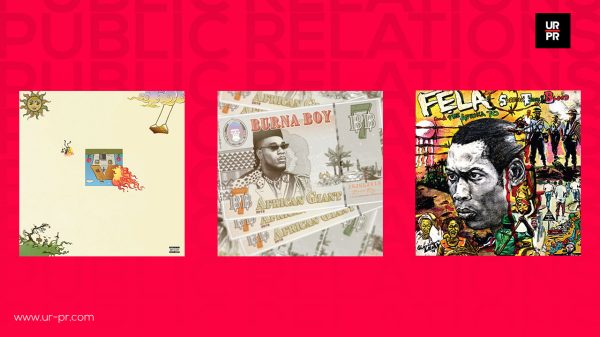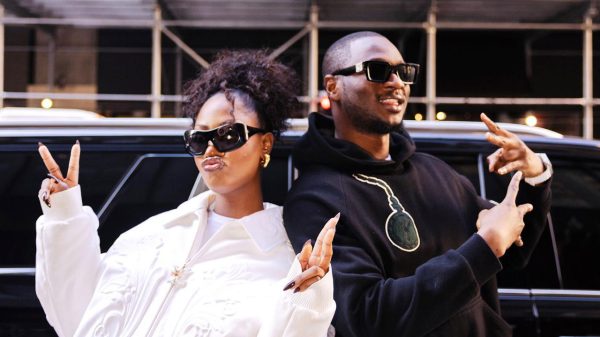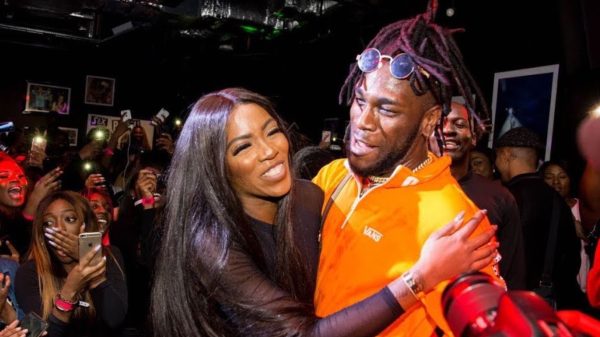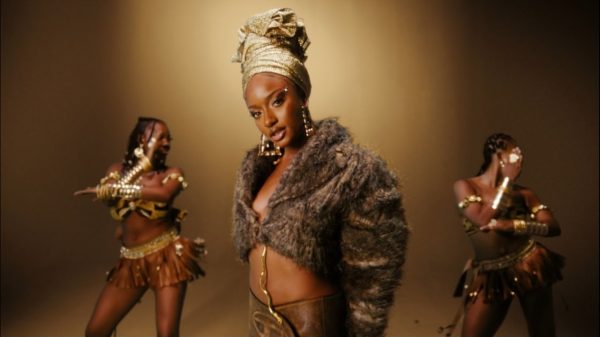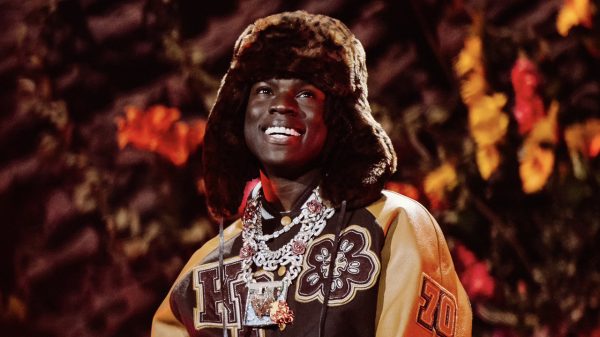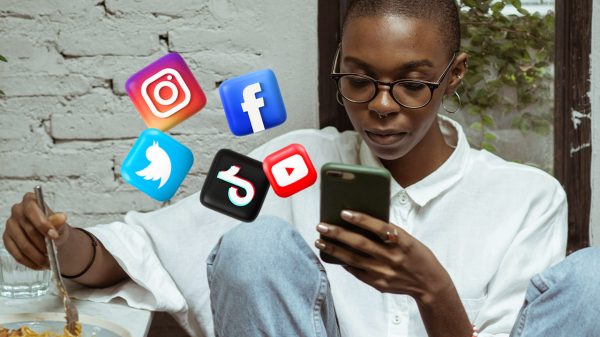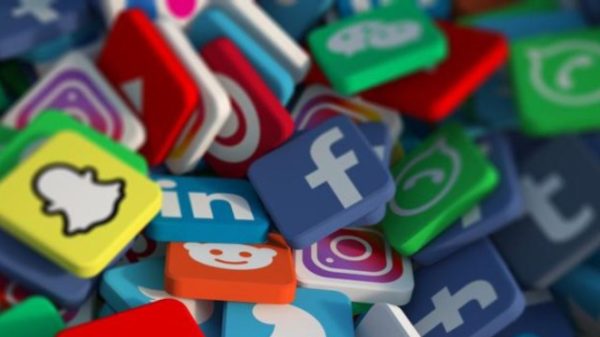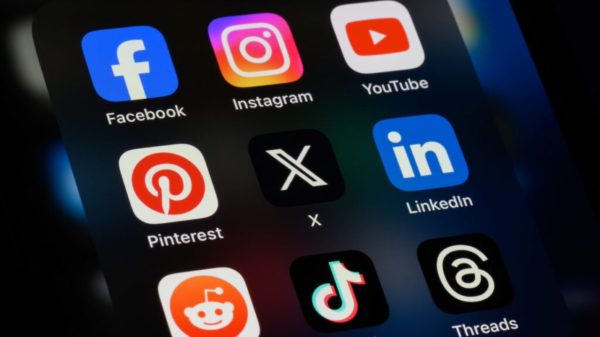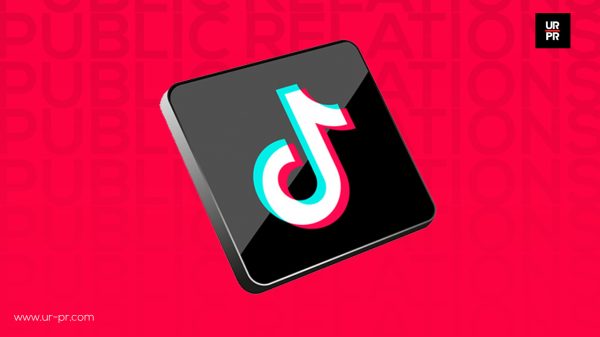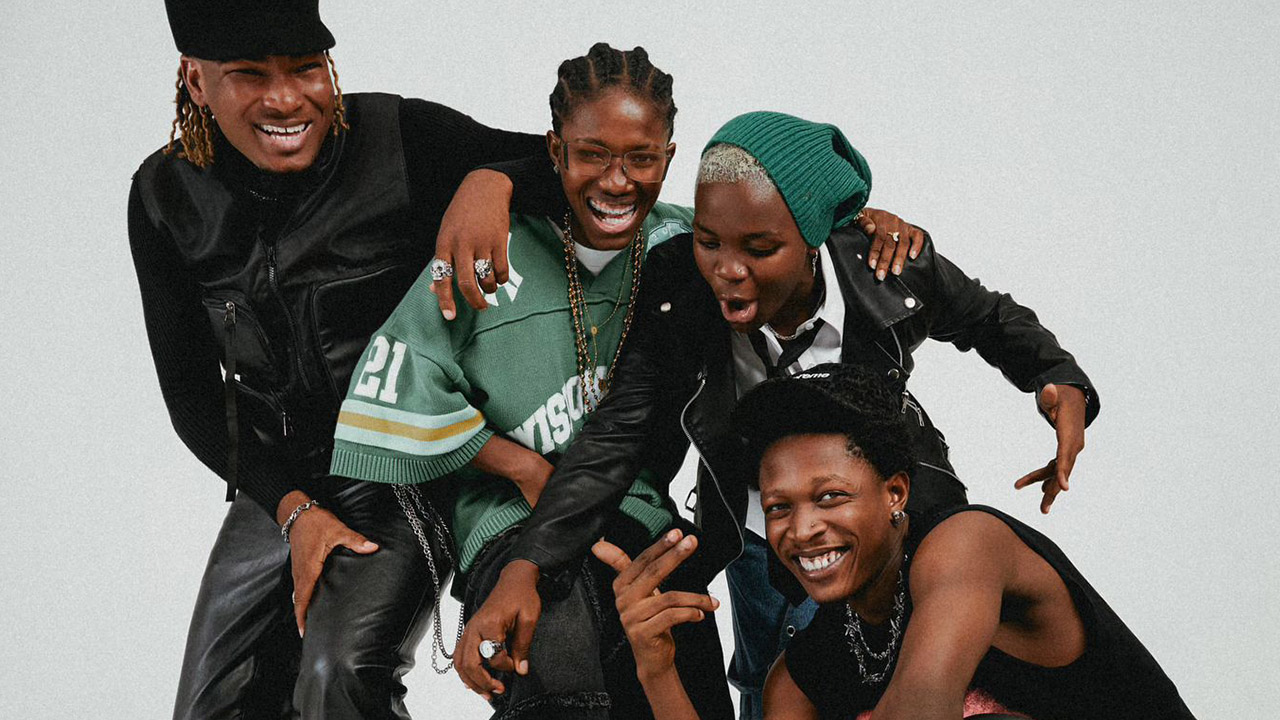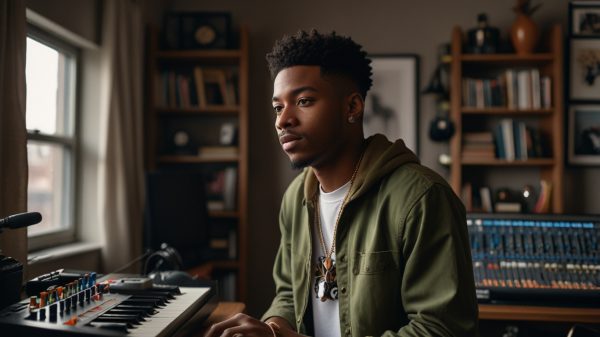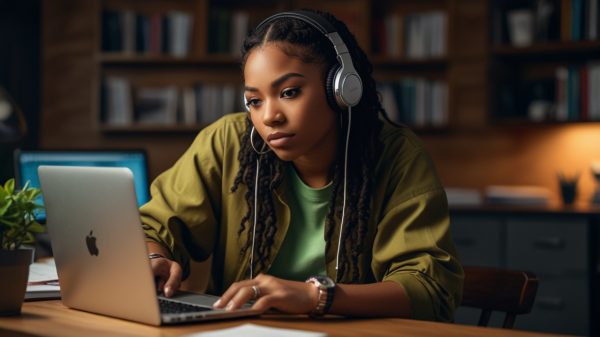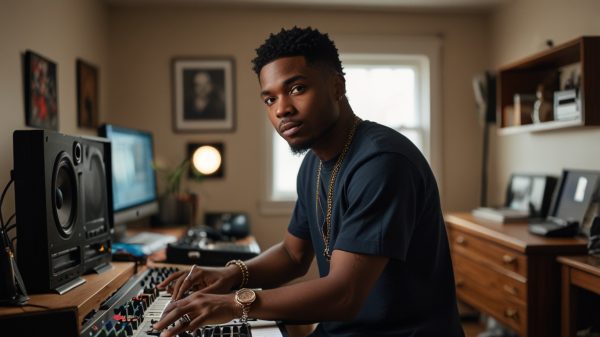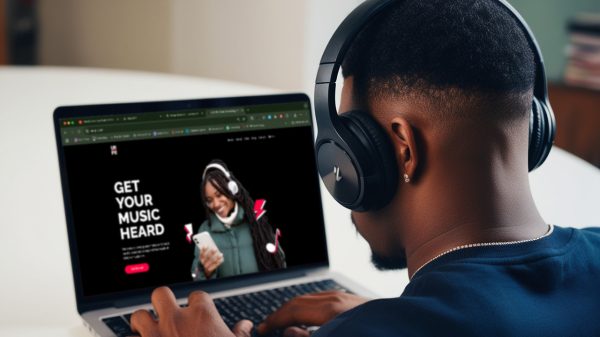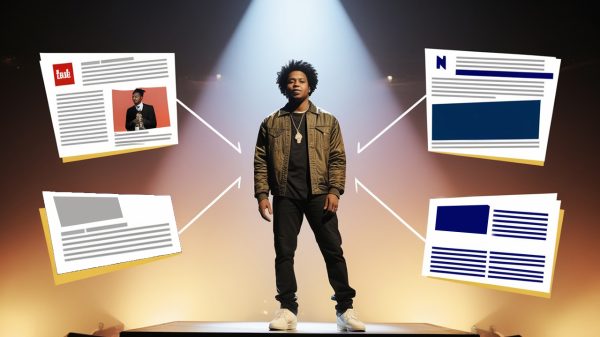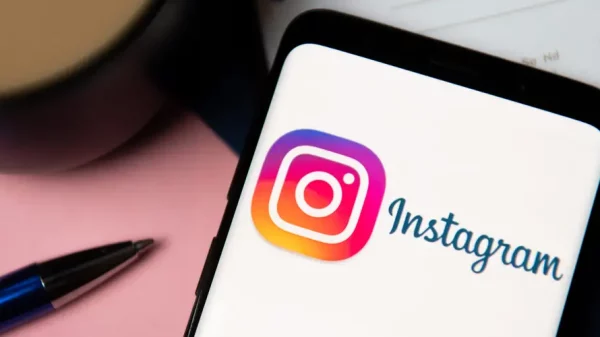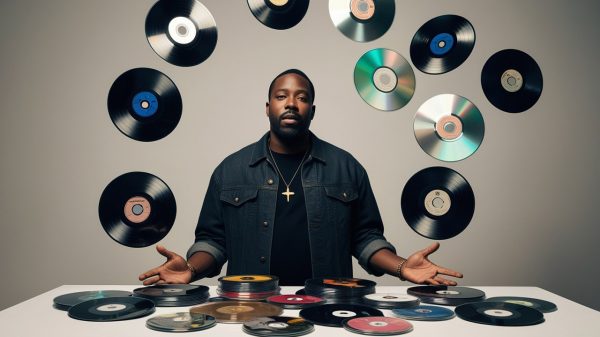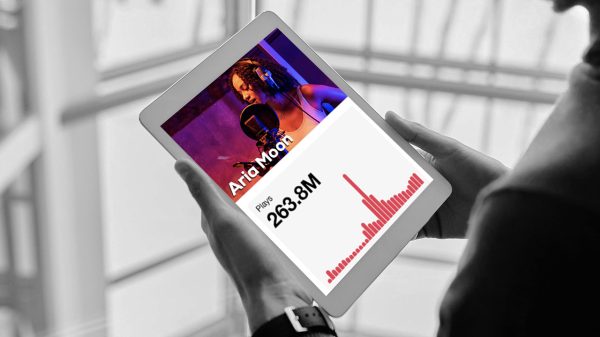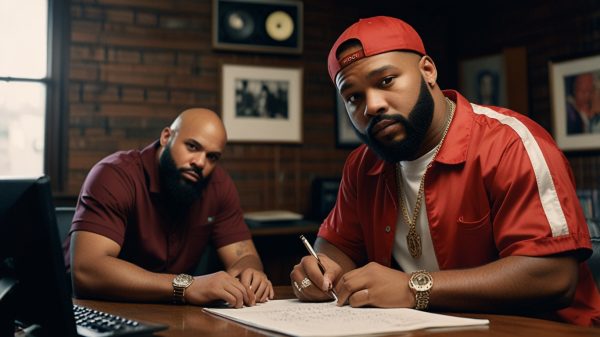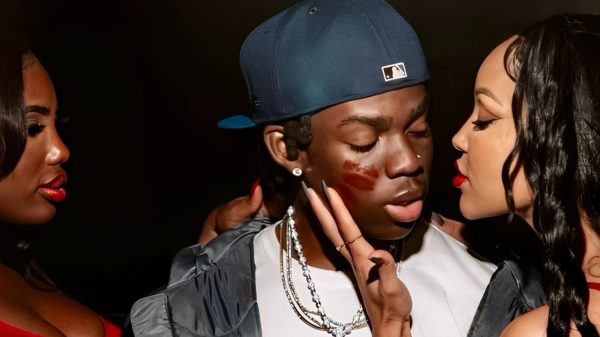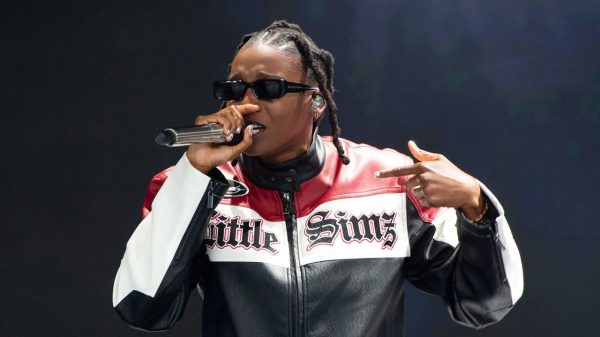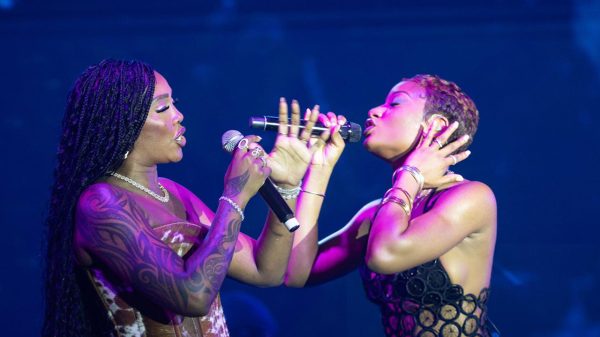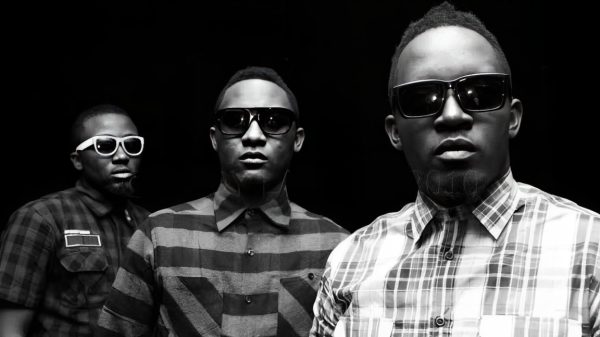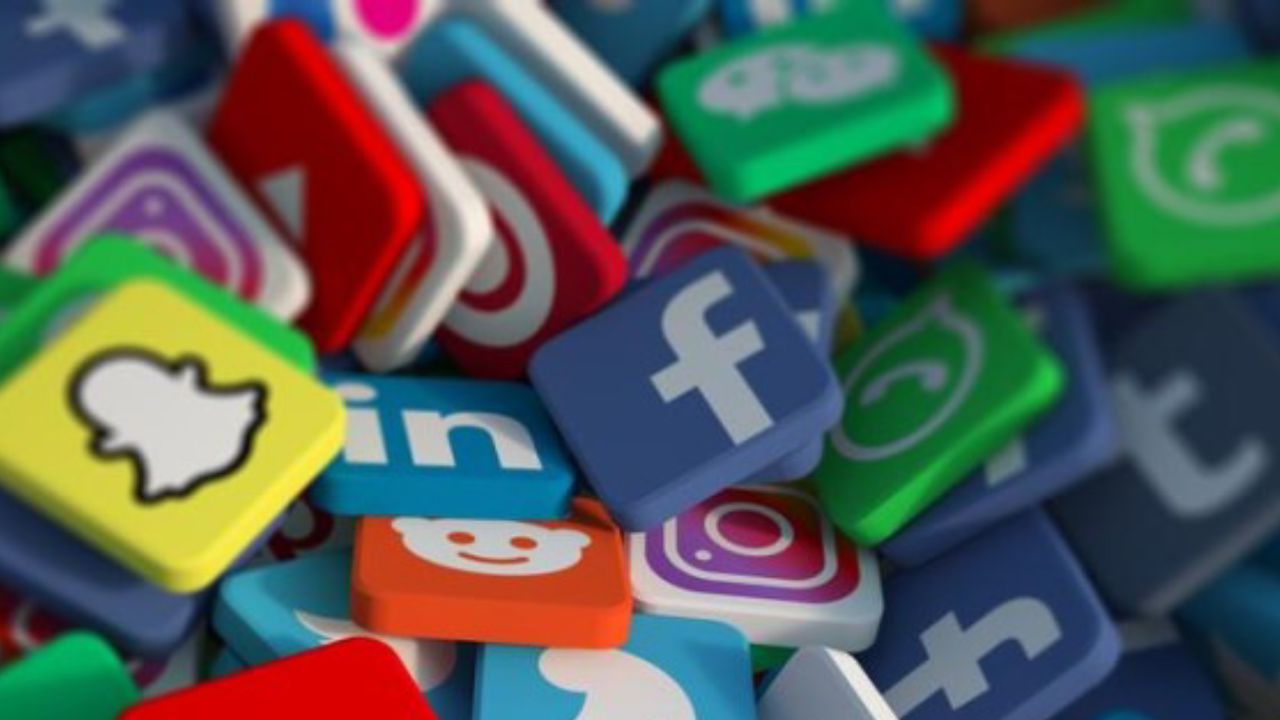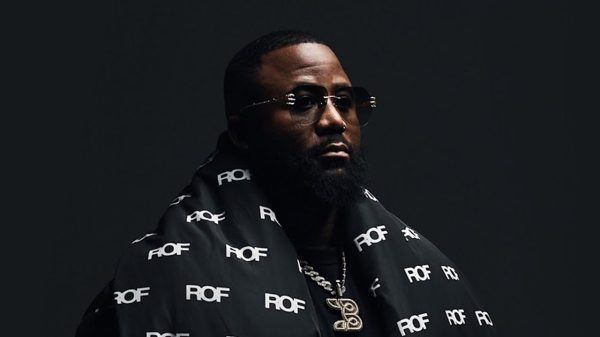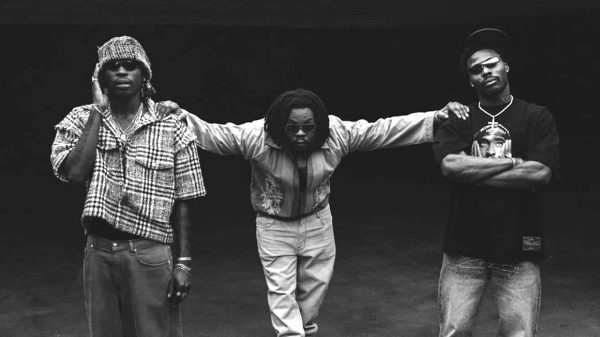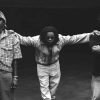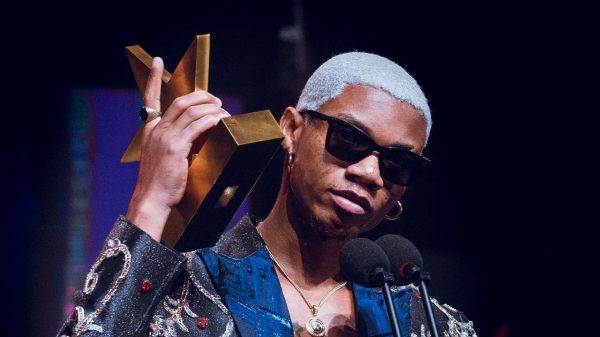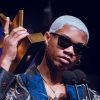In today’s digital landscape, social media is more than just a promotional tool; it has become an essential part of the music industry, especially for Nigerian artists. As the Afrobeats genre and Nigerian music as a whole gain international acclaim, social media has proven crucial in connecting artists to audiences around the world. Here’s a look at how social media is shaping music marketing for Nigerian artists and why it’s essential for building successful music careers.
1. Building a Global Audience
Social media has enabled Nigerian artists to reach fans well beyond national borders, allowing them to build global followings from the comfort of their studios. Platforms like Instagram, Twitter, and TikTok have democratized the industry, making it easier for artists to interact directly with fans in Europe, North America, and other regions where Afrobeats and Nigerian sounds have gained popularity. Artists like Burna Boy, Wizkid, and Tems have leveraged social media to build audiences across continents, with fans eagerly engaging with their content, sharing music, and creating a buzz worldwide.
2. Creating Personal Connections with Fans
One of the most significant advantages of social media is the opportunity for Nigerian artists to create a personal connection with their fans. By sharing behind-the-scenes content, daily routines, and personal stories, artists can engage fans more authentically. For example, Tiwa Savage often shares snippets of her creative process, from studio sessions to rehearsals, giving fans a glimpse into her journey. This personal engagement humanizes artists, making fans feel like they’re part of an artist’s life rather than just passive listeners. This connection drives fan loyalty and fosters a dedicated fanbase that will actively promote the artist’s music.
3. Viral Marketing and Trend Creation
Social media’s viral nature has helped many Nigerian artists gain widespread recognition. TikTok, in particular, has become a powerful tool for music promotion through its trendsetting capabilities. Nigerian artists and fans can start challenges or dance trends using snippets of new songs, creating viral moments that catapult tracks to instant popularity. Songs like CKay’s “Love Nwantiti” achieved massive international success largely due to TikTok challenges that turned it into a global hit. This viral potential has transformed how music is marketed, allowing artists to reach millions of potential listeners within days.
4. Cost-Effective Promotion and Reach
Social media offers a cost-effective way for Nigerian artists to promote their music without relying solely on traditional media outlets. With little to no upfront cost, artists can share updates, post new releases, and interact with fans. Paid advertising on platforms like Facebook, Instagram, and YouTube also allows artists to target specific demographics, ensuring that their music reaches the right audience. This level of targeted reach is invaluable, particularly for independent artists who may not have access to the resources of major record labels.
5. Audience Feedback and Real-Time Analytics
Social media gives Nigerian artists access to real-time feedback from their audiences, helping them understand what works and what doesn’t. For example, artists can gauge fan reactions to new songs, videos, or album concepts, which helps them make informed decisions about their music. Platforms like YouTube and Instagram provide insights into viewer demographics, engagement rates, and audience preferences, allowing artists to tailor their content and marketing strategies based on hard data. This feedback loop not only improves engagement but also helps artists make more strategic decisions in the future.
6. Collaborations and Networking Opportunities
Social media has opened doors for Nigerian artists to collaborate with musicians, producers, and industry professionals from around the world. By connecting with other artists on platforms like Instagram and Twitter, Nigerian musicians can explore international collaborations that boost their exposure and credibility. For example, Burna Boy’s collaborations with international stars like Stormzy and Beyoncé have helped introduce his music to a broader audience. This cross-pollination of talent has been crucial in elevating the profile of Nigerian music globally.
7. Event Promotion and Fan Engagement
Social media allows Nigerian artists to promote events and tours more effectively, reaching fans directly and in real-time. Artists can create buzz around upcoming concerts, virtual shows, or album release parties through interactive content, countdowns, and live Q&A sessions. Platforms like Twitter and Instagram Stories are perfect for announcing and building excitement around events, while Facebook and Instagram’s event features make it easy for fans to RSVP. During the pandemic, social media also provided Nigerian artists with alternative ways to engage with fans through virtual concerts and live streaming.
8. Brand Building and Partnerships
Social media plays a pivotal role in building a recognizable brand for Nigerian artists. By consistently sharing music, visuals, and personal stories, artists can establish a brand that fans recognize and relate to. Social media is also crucial for developing partnerships with brands and influencers, which can be a valuable source of revenue and exposure. Artists like Davido and Wizkid have leveraged their strong social media presence to work with brands like Pepsi, Nike, and MTN, further boosting their influence and reach.
Final Thoughts
Social media has become a cornerstone of music marketing for Nigerian artists, providing a platform for global reach, fan engagement, and brand building. By using platforms strategically, artists can cultivate dedicated fanbases, create viral moments, and build meaningful connections with audiences worldwide. As Nigerian music continues to captivate the world, social media will remain essential for amplifying these voices and shaping the future of African music.
